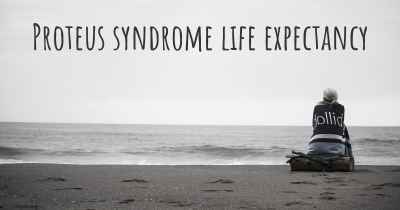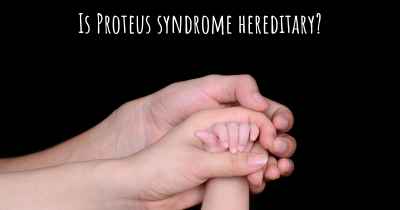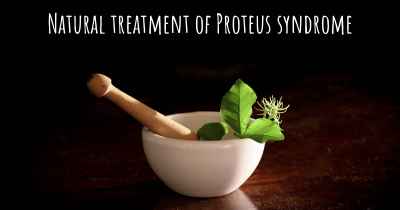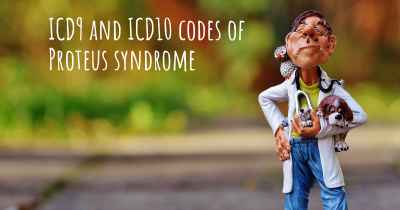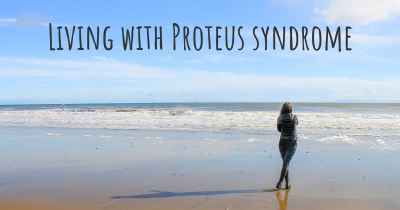Which are the symptoms of Proteus syndrome?
See the worst symptoms of affected by Proteus syndrome here

Proteus syndrome is an extremely rare genetic disorder characterized by the overgrowth of various tissues in the body. Named after the Greek god Proteus who could change his shape at will, this syndrome is highly unpredictable and can affect multiple systems, leading to a wide range of symptoms and complications.
Symptoms:
Overgrowth:
One of the hallmark features of Proteus syndrome is the excessive growth of different tissues, including skin, bones, connective tissues, and organs. This overgrowth is typically asymmetric, affecting one side of the body more than the other. It can lead to significant differences in size and length between the affected and unaffected areas, resulting in a distorted appearance.
Connective Tissue Abnormalities:
Proteus syndrome can cause various connective tissue abnormalities, such as thickened skin, subcutaneous nodules, and abnormal fibrous tissue growth. These changes can lead to skin lesions, lumps, and bumps, which may be present from birth or develop over time.
Skeletal Abnormalities:
Individuals with Proteus syndrome often experience skeletal abnormalities, including overgrowth of bones, asymmetry, and deformities. This can affect the limbs, spine, skull, and facial bones, leading to differences in limb length, curvature of the spine, and facial asymmetry.
Vascular Malformations:
Some people with Proteus syndrome may develop vascular malformations, which are abnormalities in the blood vessels. These can manifest as venous malformations, lymphatic malformations, or arteriovenous malformations. Vascular malformations can cause swelling, pain, and an increased risk of blood clots.
Epidermal Nevi:
Epidermal nevi are patches of thickened, raised, and often pigmented skin that can occur in Proteus syndrome. These nevi can be present at birth or appear later in childhood. They may be localized or widespread, affecting different areas of the body.
Intellectual Disability:
While not always present, intellectual disability can occur in some individuals with Proteus syndrome. The severity can vary widely, ranging from mild learning difficulties to more significant cognitive impairments.
Tumors:
Proteus syndrome increases the risk of developing certain tumors, particularly benign tumors called hamartomas. These tumors can affect various organs and tissues, including the brain, lungs, kidneys, and gastrointestinal tract.
Other Features:
Additional features that may be observed in Proteus syndrome include lung abnormalities, hearing loss, vision problems, seizures, joint stiffness, and gastrointestinal issues.
Diagnosis and Management:
Diagnosing Proteus syndrome can be challenging due to its rarity and the variability of symptoms. It is typically based on clinical evaluation, medical history, physical examination, and imaging studies. Genetic testing may also be performed to identify mutations in the AKT1 gene, which are associated with Proteus syndrome.
As there is no cure for Proteus syndrome, management focuses on addressing specific symptoms and complications. This may involve a multidisciplinary approach, including surgical interventions to correct skeletal abnormalities, manage tumors, or alleviate other physical issues. Physical therapy, occupational therapy, and assistive devices can help improve mobility and function. Regular monitoring and screening for potential complications are essential.
Given the complexity and variability of Proteus syndrome, it is crucial for individuals with this condition to receive comprehensive medical care and support from a team of healthcare professionals.
